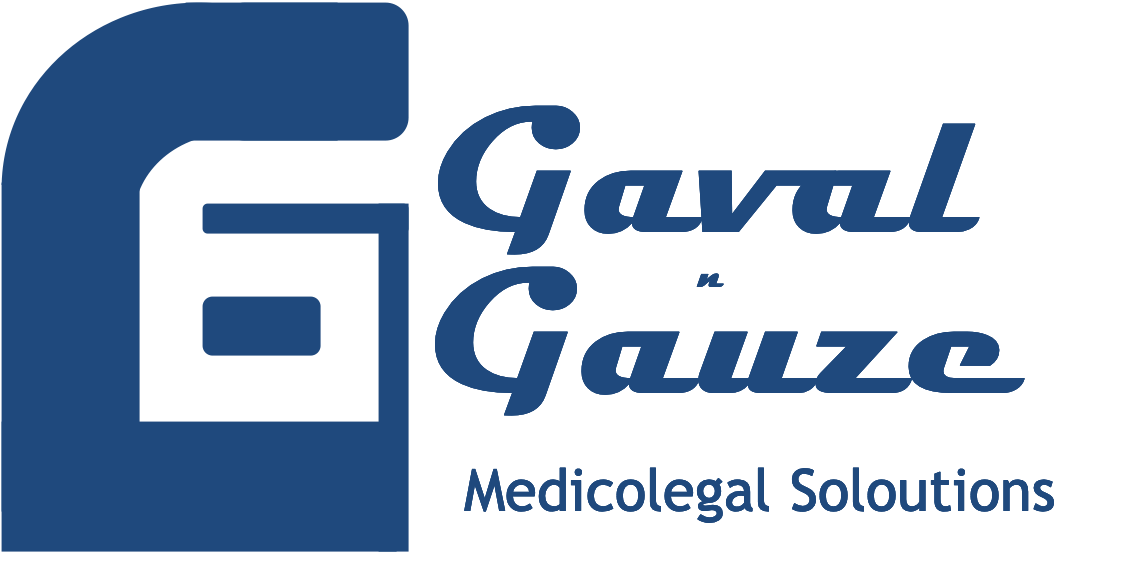What is Medicolegal Work
Medicolegal works are an integral part of forensic & legal medicine. It is a specialized branch of medicine that deals with the intersection of medical and legal issues. It involves the application of medical knowledge and expertise to assist in legal matters, particularly in cases where injuries, illnesses, or deaths are involved and where the legal system requires medical input to determine the facts surrounding these incidents. Here are some key aspects of medicolegal work:
- Investigation of Deaths: Medicolegal experts often play a crucial role in investigating suspicious or unexplained deaths. They perform autopsies, examine medical records, and collect evidence to determine the cause and manner of death. This information can be vital in criminal investigations or legal proceedings.
- Evaluating Injuries: Medicolegal professionals assess and document injuries, both in living individuals (e.g., assault victims) and in post-mortem examinations. They provide expert testimony regarding the nature, extent, and possible causes of injuries in court cases.
- ssessment of Mental Health: A In some cases, medicolegal experts evaluate individuals' mental health to determine their capacity to stand trial, their sanity at the time of a crime, or their fitness for other legal purposes.
- Toxicology: Toxicological analysis is a significant aspect of medicolegal work. It involves the examination of body fluids and tissues to detect the presence of drugs, alcohol, poisons, or other substances that may have contributed to a person's death or actions.
- Expert Witness Testimony: Medicolegal professionals often serve as expert witnesses in legal proceedings. They provide their professional opinions and interpretations of medical evidence to assist judges and juries in understanding complex medical issues.
- Identification of Human Remains: Medicolegal experts may be involved in identifying human remains, especially in cases of mass disasters, accidents, or crimes. They use various techniques, including DNA analysis and dental records, to establish identities.
- Documentation and Reporting: Detailed and accurate documentation of findings is crucial in medicolegal work. Reports and records are maintained to provide an objective and comprehensive account of the medical aspects of a case.
- Education and Research: Many medicolegal professionals are involved in teaching and research, contributing to advancements in forensic science and legal medicine. They also educate law enforcement, medical professionals, and the public on relevant topics.
Overall, medicolegal work plays a vital role in ensuring the integrity of the legal system by providing unbiased, scientifically grounded medical assessments and evidence in cases where health-related matters intersect with the law.
